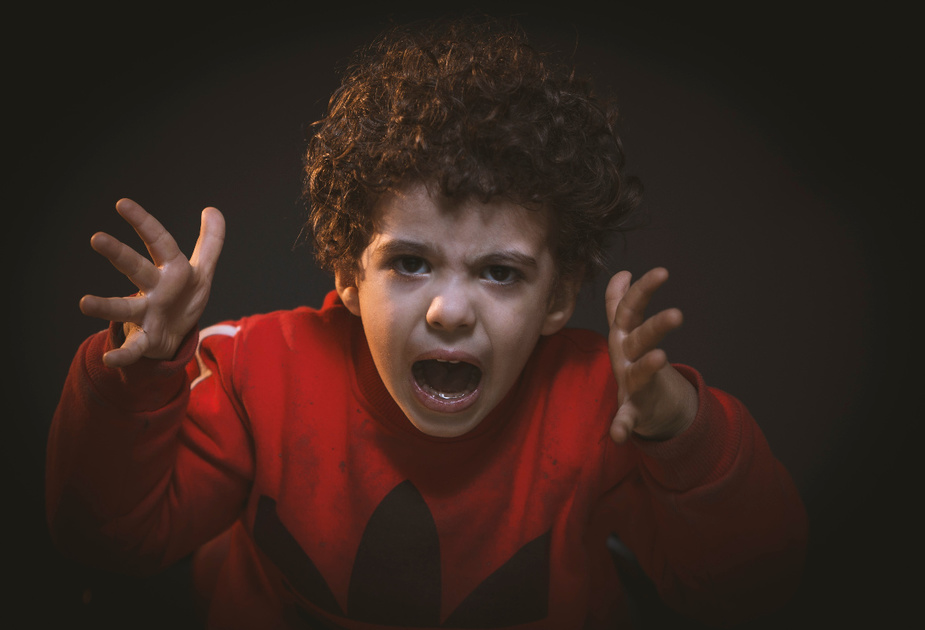
Dear Dr. T.,
I hate to admit this, but our 11-year-old son is out of control, at home and in school. He is angry, moody, and undisciplined; he just about does whatever he wants and tries to get away with it. At quieter times, he complains that no-one likes him and no-one wants to play with him. Needless to say, he does not do his schoolwork.
Though we certainly try to discipline him, giving him ‘time out,’ positive and negative consequences, etc., we feel like failures as parents and are having a really hard time dealing with flak from our extended families and his school. Our parents feel that we should just teach him respect, and the school wants us to put him on medication.
We would appreciate any help you can give us.
Dr. T. Responds:
Though many a child occasionally displays one or another of the symptoms you mention, your description of your son sounds quite serious and complex. I applaud you for trying to get some direction and support for this troubling situation. But know beforehand that there are no simple solutions for complex problems. There is no magic pill, specialized therapy, or piece of advice that can — on its own — adequately and comprehensively address this situation.
As parents, we sometimes fall into the trap of being more concerned about a child’s behavior than about the child. Your son is in pain; he cannot regulate his mood or impulses, and he suffers the consequences of adult disapproval and peer rejection. As important as it is to teach him appropriate behavior (and that is important!), his behavior is a symptom and not the main issue. The main issue is his pain, and helping your child deal with it is your first responsibility.
The first step is to understand what is going on with your son. Let’s start with this basic principle: children do well if they can, and no child causes more pain than he feels. More than anything, children (and some adults, too) want approval, and if they can do what is asked of them in order to get it, they will. When a child cannot do what’s required of him, he feels bad about himself and earns the disapproval and criticism of others. Then, when he feels the pain of rejection, he gives you -his parents and teachers - grief. The basic point is that your son is not choosing to feel this way, and neither giving him medicine nor teaching him to have derech eretz will alleviate his pain.
So, what is going on with your son? There is a number of possibilities here, ranging from ADHD to abuse and neglect, from depression to low self-esteem, from ODD (Oppositional Defiant Disorder) to overly permissive parenting. Because you would use radically different approaches for a child who is depressed than for a child with ADHD, it is critical that you figure out exactly what is going on here.
Most likely, there isn’t any one thing, but rather a combination of factors that are affecting your son. For example, a child with ADHD who has permissive, unstructured parents is bound to have disorganized, chaotic behavior (‘doing whatever he wants’) which impacts negatively on his relationships with others. A child with low self-esteem who feels disliked by his peers may have lots of feelings of anger and depression. And, though you may consider giving medication to a child who is depressed, there is no pill in the world that can remedy the pain of abuse or neglect. The point here is that parenting is not a one-size-fits-all proposition, and it is up to the parent to customize his approach for each child.
What sometimes derails the ‘understanding’ process is that parents feel under the gun; everyone around them is urging them to ‘do something.’ None of us like to be criticized, but it seems like an out-of-control child invites the well-meaning comments, suggestions, advice, and perspective of others. The social pressure this engenders often propels parents to find a quick-fix solution, rather than work at reaching a comprehensive understanding of their child. It takes a lot of courage and stamina to focus on long-term rather than short-term results and consider the whole child, not just the behavior of the child.
Your son’s behavior is probably not just a phase, and the severity of the symptoms and the seriousness of their repercussions call for professional help. Both you and your son would do well to meet with an experienced, competent mental-health professional who specializes in working with children. As important components of this process, your son needs to be observed at home and at school, and you and his teachers need to give their input. An evaluation for medication by a child psychiatrist is appropriate; there are medications for depression and ADHD. However, just like antibiotics cannot cure every condition, there is no medication that addresses issues of chutzpah or anger management.
Once you have a good understanding of your child and his issue, there any number of strategies that the professional may suggest, such as individual or family counseling, parenting classes, special education for a child with ADHD or whose negative behaviors preclude his presence in the classroom, and/ or medication. Last, but certainly not least, is the need for a behavior modification program or behavior therapy. Everyone must learn appropriate behavior in order to function effectively in their families and social world. No matter what the pressure or distress, disability or challenge — correct behavior is our entry card into the world. As parents, it is our duty to provide all our children with the tools to manage their impulses and behavior so that they can be welcomed as full-fledged members of society.
It is not easy being the parent of the more difficult child. When we were young, we all dreamed of having the child who was class president, valedictorian, or head counselor. But, as Rav Pam, zt”l, once told this author, “Hakadosh Baruch Hu makes all kinds of children.” May your efforts on behalf of this child, and all your children, bring you both nachas and menuchas hanefesh.
 Previous
Previous

